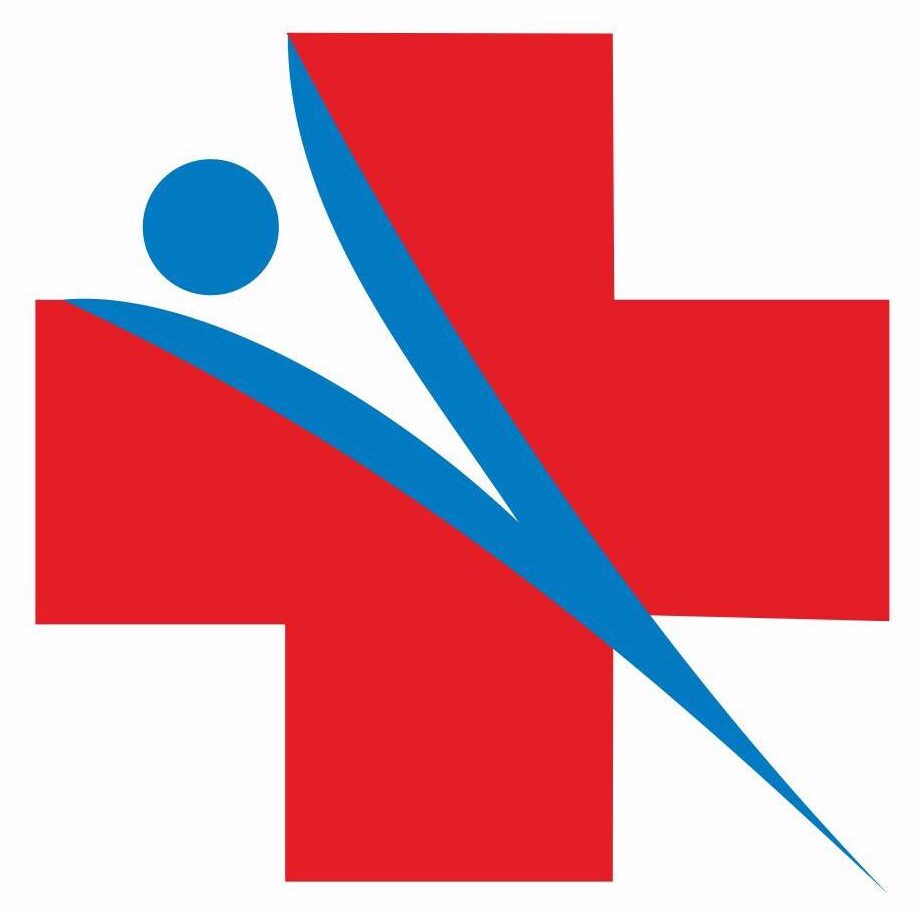What is Nephrotic Syndrome in Children?
Nephrotic syndrome is a kidney disorder that affects children, causing their kidneys to leak excessive amounts of protein into the urine. This condition can lead to swelling (edema), weight gain, and other complications, significantly impacting a child’s health and quality of life.
Causes of Nephrotic Syndrome
Nephrotic syndrome in children can be categorized into two main types:
- Primary Nephrotic Syndrome:
- The most common type in children, often caused by minimal change disease (MCD). This type does not have an identifiable underlying systemic illness and is usually treatable.
- Secondary Nephrotic Syndrome:
- Linked to underlying conditions such as infections, autoimmune diseases (e.g., lupus), or exposure to certain medications or toxins.
Signs and Symptoms
Parents should watch for the following symptoms, which are hallmarks of nephrotic syndrome:
- Swelling (Edema): Noticeable puffiness, particularly around the eyes, ankles, and feet.
- Proteinuria: Foamy or frothy urine due to high protein levels.
- Hypoalbuminemia: Low levels of albumin in the blood, leading to imbalances in body fluid regulation.
- Weight Gain: Often due to fluid retention.
- Fatigue and Irritability: Caused by the body’s reduced ability to regulate fluids and maintain energy levels.
Diagnosis
To diagnose nephrotic syndrome, doctors typically perform:
- Urine Tests: To detect high levels of protein in the urine.
- Blood Tests: To check albumin levels and kidney function.
- Imaging Studies: Occasionally used to rule out structural issues in the kidneys.
- Kidney Biopsy: Rarely performed in children unless the condition is resistant to treatment or suspected to be secondary nephrotic syndrome.
Treatment Options
Treatment aims to address the symptoms, prevent complications, and, if possible, resolve the underlying cause. Common treatments include:
- Medications:
- Corticosteroids: Often the first-line treatment for minimal change disease.
- Diuretics: To reduce swelling.
- Immunosuppressants: For children who do not respond to steroids.
- Antibiotics: If infections are present.
- Dietary Modifications:
- A low-sodium diet to minimize swelling.
- Adequate protein intake to compensate for losses in urine.
- Monitoring and Support:
- Regular follow-ups to monitor kidney function and manage relapses.
- Emotional and psychological support for the child and family.
Living with Nephrotic Syndrome
While nephrotic syndrome can be challenging, many children respond well to treatment and can lead healthy lives. Relapses are common, so maintaining open communication with healthcare providers and adhering to the treatment plan is essential.
Conclusion
Nephrotic syndrome in children requires timely diagnosis and treatment to prevent long-term complications. With proper care and management, most children with this condition achieve good outcomes. If your child shows symptoms of nephrotic syndrome, consult a pediatrician or pediatric nephrologist for a thorough evaluation and guidance.

